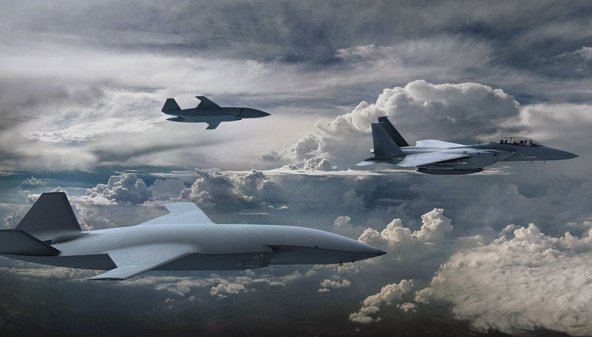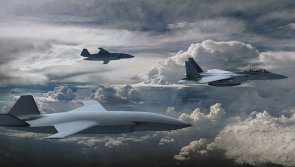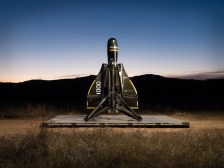Anduril, General Atomics move into next phase of Air Force CCA drone program
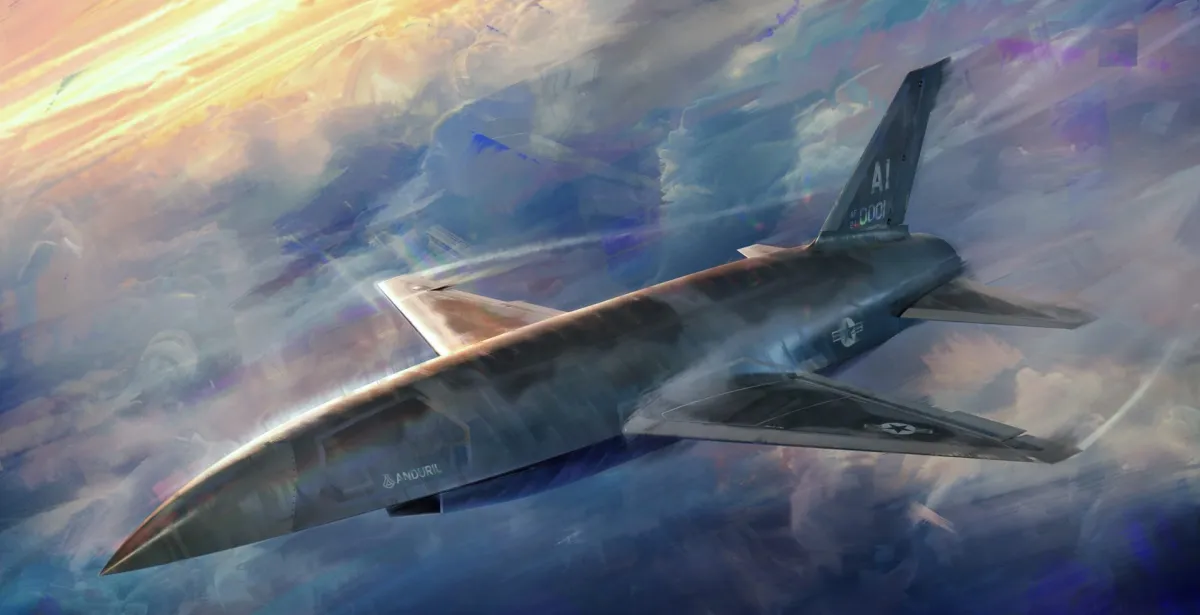
The Air Force has selected Anduril and General Atomics to create detailed designs, manufacture and conduct flight tests as part of the next phase of its collaborative combat aircraft (CCA) program, the service announced Wednesday.
The two firms beat out defense giants Lockheed Martin, Northrop Grumman and Boeing for the development-for-production phase of the drone program. According to an Air Force release, the service plans to make a competitive production decision for the first increment of CCAs in fiscal 2026 and is on track to field the systems before the end of the decade.
“We executed an acquisition and funding strategy for CCA with early operator, technologist, acquirer, and industry teaming to quickly iterate requirements given our fielding timelines,” Secretary of the Air Force Frank Kendall said in a statement. “Continuous competition is a cornerstone at every stage of this program. The transparency and teamwork between industry and government really accelerated how quickly we could mature the CCA program.”
As part of the Next-Generation Air Dominance (NGAD) family of systems, the CCA drones are intended to fly alongside the service’s sixth-generation fighter jets and current fifth-generation platforms to augment its manned aircraft fleet. The drones will carry equipment for a range of missions — including offensive strike and intelligence, surveillance and reconnaissance.
The Air Force plans to field CCAs in increments, and General Atomics and Anduril will now work to create the final design for the first iteration known as Increment 1. During the annual AFA Warfare Symposium in February, Kendall told reporters that the Air Force initially wanted to move three vendors into the next phase of Increment 1, but the current budget would only support two.
The service is requesting $557 million for program in its fiscal 2025 budget request and plans to spend almost $9 billion on the effort through fiscal 2029. The Air Force is expected to eventually buy at least 1,000 systems for around $30 million per drone.
According to the release, Lockheed Martin, Northrop Grumman, Boeing and others will all be able to compete for the upcoming Increment 1 production contract — albeit likely with their own research-and-development dollars. There are currently more than 20 companies in the potential pool of vendors that can compete for future CCA efforts.
“As we navigate the next phase of CCA development, our collaboration with both current and potential industry partners remains pivotal. Their expertise, innovation, and resources are instrumental in driving this initiative forward, ensuring its success and impact on future operations,” Air Force acquisition chief Andrew Hunter said in a statement.
General Atomics’ CCA prototype is based off its XQ-67A drone, which had its first successful flight in February as part of the Air Force Research Lab’s Low-Cost Attritable Aircraft Platform Sharing (LCAAPS) program. Through the next phase of the CCA program, the company plans to complete autonomy and mission system tests on both the XQ-67A and its MQ-20 Avenger prototype, according to a press release.
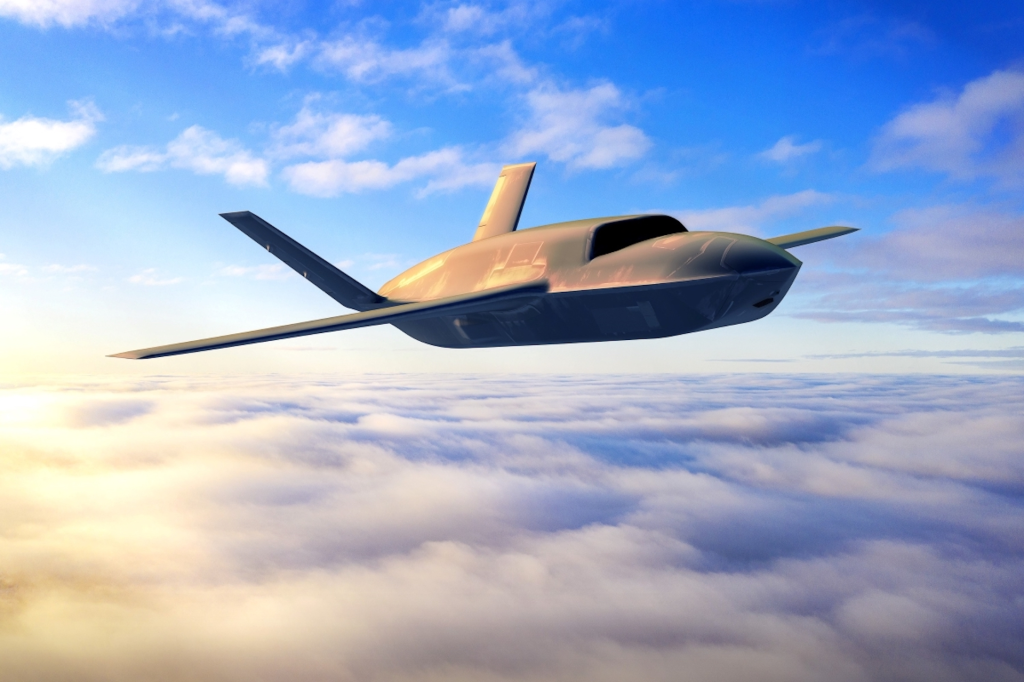
“Throughout our 30-year history, GA-ASI has been at the forefront of rapidly advancing unmanned aircraft systems that support our warfighters,” GA-ASI President David Alexander said in a statement. “The USAF is moving forward with GA-ASI due to our focused commitment to unmanned air-to-air combat operations and unmatched UAS experience, ensuring the production of the CCA aircraft at scale to deliver affordable combat mass for the warfighter.”
While Anduril did not immediately provide details on its CCA prototype, the relatively new company has recently inked multiple defense contracts to develop and build unmanned systems for the U.S. military.
“With the CCA program, Secretary Kendall and the Air Force have embraced a fast-moving, forward-looking approach to field autonomous systems at speed and scale,” Brian Schimpf, Anduril CEO and co-founder, said in a statement. “We are honored to be selected for this unprecedented opportunity, which signals a demand for continued expansion of the defense industrial base. Anduril is proud to pave the way for other non-traditional defense companies to compete and deliver on large scale programs.”
Air Force officials also indicated that they’re looking at how international partners can participate in the CCA program as a way to offer “affordable mass at scale” and promote international integration and interoperability. That includes potential foreign military sales, per the release.
As for Increment 2, planning for development is still underway and the Air Force intends to begin “initial activities” before the end of the year. As the capabilities in each increment are being determined by the technology available within the service’s fielding timelines, it is possible that Increment 2 will have different requirements compared to Increment 1.
